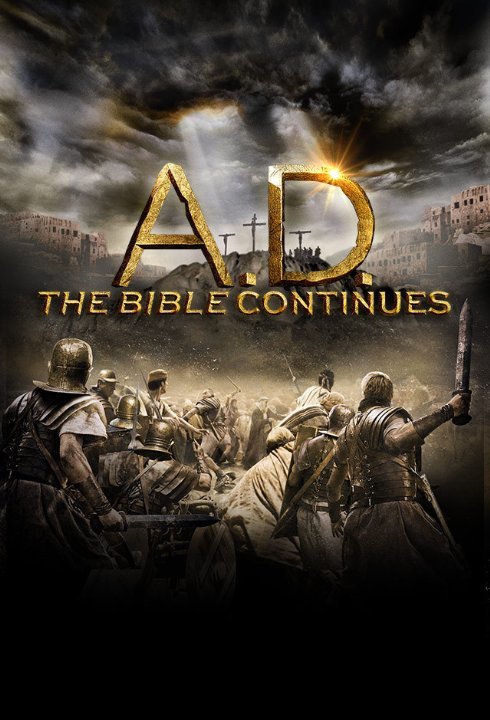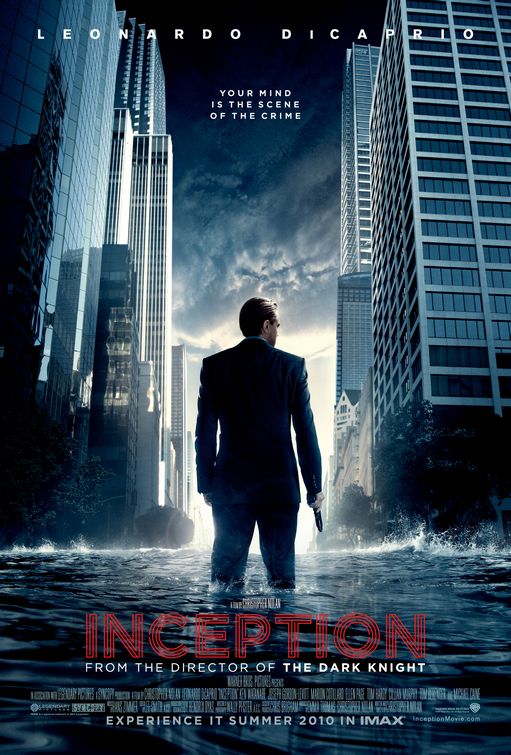“A Maze Within a Maze Within a Maze Within a. . .”

| None | Light | Moderate | Heavy | |
|---|---|---|---|---|
| Language | ||||
| Violence | ||||
| Sex | ||||
| Nudity |
What You Need To Know:
INCEPTION has several amazing, exciting action scenes. However, its needlessly complex plot may distance viewers from the story and characters. The plot of dreams within dreams also distances viewers and pulls the teeth from the story’s jeopardy. The movie’s moral relativism and ambiguity, and its use of strong profanities at times, also present problems. Finally, the violence is not extremely graphic and there is no crude sexual content, but there is a disturbing subplot involving suicide.
Content:
(H, BB, C, Pa, LL, VV, A, DD, MM) Light humanist worldview with some references to humanist dream psychology theories and some strong moral, light redemptive elements of protagonist trying to get back to his children and stop an energy company from being so big that it controls the world’s energy policies, but the protagonist has these moral concerns as part of a group of industrial spies invading people minds to steal secrets and manipulate them, plus movie plays with the nominalistic, sometimes pagan and sometimes humanist question of what is dream and what is reality, where do they begin and end, but there’s not really a solid theology or philosophy behind its questioning, so viewers are left scratching their heads or left to their own thoughts about the subject; 12 obscenities (but no “f” words), nine strong profanities and four light profanities; nearly constant action violence with some blood but not really graphic or gory such as many images of people shooting at one another, man gets shot in chest and there are images of a small splotch of blood on his shirt that grows larger, and he coughs a few drops of blood in one scene especially, explosions, chases, vehicles damage other vehicles, fighting, shots in slow motion in several scenes of van falling off a bridge and into the water, distraught woman on ledge invites her husband to join her and then jumps off the ledge herself to her implied death, buildings crumble, kiosks of food and objects for sale explode, buildings bent on top of one another in a dream, building crumbles around man as he’s shooting and fighting other “people” in a dream; no sex scenes; no nudity; alcohol use; no smoking but people are drugged to get information out of them or manipulate them; and, stealing and industrial espionage justified, moral relativism, lying, betrayal.


 - Content:
- Content: 





